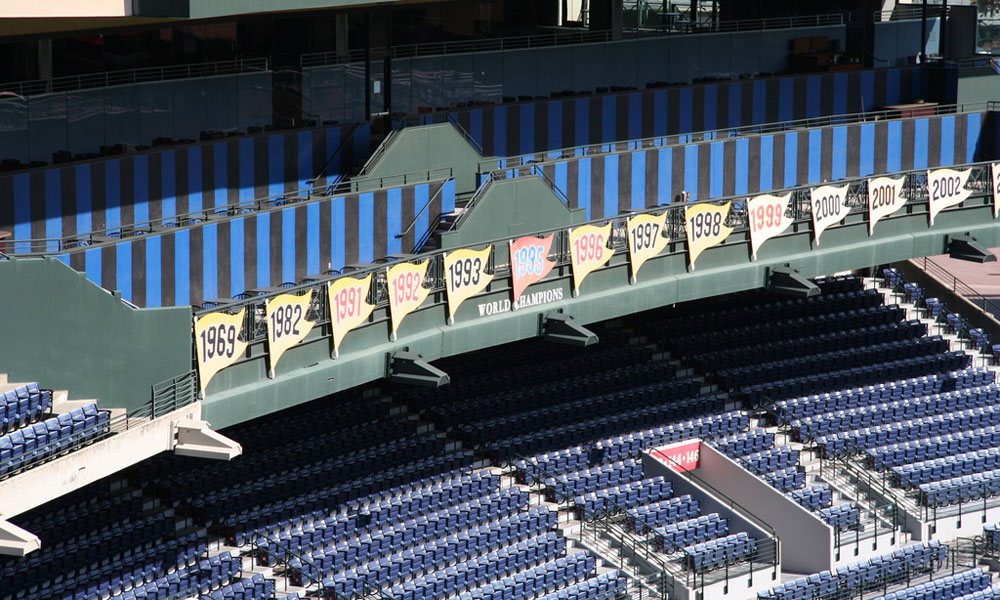
Sound Structure: Transparency, Mission Help Code Council Succeed
The standard-setting International Code Council relies on a thorough and transparent review process to avoid overreacting to tragedy—such as the recent death of a spectator at an Atlanta stadium—and a focus on safety has resulted in widespread adoption of ICC’s voluntary codes.
Turner Field in Atlanta, home of Major League Baseball’s Atlanta Braves, is known for spectacular views and design. But it’s also become the source of a debate over spectator safety after Ronald Lee Homer fell 65 feet to his death over a fourth-level railing earlier this month.
The incident was the third in Atlanta in the last year and the second death at the stadium since 2008. Similar incidents have occurred at the Georgia Dome in Atlanta, the Ballpark at Arlington in Texas, and Reliant Stadium in Houston, among others.
The International Code Council (ICC) is the standard-setting body that produces 15 model codes—from the International Building Code (which includes guidelines for sports stadiums) to fire codes to property maintenance codes—which are the accepted minimum standards for those fields in the United States.
“These codes are widely used, and they’re all comprehensive and coordinated with each other,” said Sara Yerkes, vice president of government relations for ICC. “It’s a tremendous process that never ends. The codes are in constant cycle and constant revision, and the key to the success of the codes, of course, is enforcement.”
While the spate of deaths and injuries at athletic facilities hasn’t yet prompted an outcry for code revisions for stadium design, ICC has seen revisions proposed in the past that were driven by emotion, especially as a result of loss of life.
“What happens after a major catastrophe or a natural disaster, we learn from those unfortunate incidents, and then there will be code changes introduced by the different stakeholders,” said Yerkes. “What happened in Atlanta could lead to changes in the codes if the experts deem that to be necessary. They’re based on science and engineering principles and so forth, so the changes are vetted by these experts, so the process works well to keep emotional response in check.”
Standards are reviewed, revised, and republished on a three-year cycle, Yerkes explained, with the final say on any changes belonging to public safety officials. The process [PDF] “is transparent, allows for input from all interested parties, has an appeals process, and provides open forums.”
The affected industries participate heavily in public hearings. “We’ll see the code officials, design professionals, trade associations, builders, contractors, manufacturers, government agencies, advocacy groups, just about anyone who would want to have their voice heard,” Yerkes said.
For ICC, it all boils down to public safety, the focus of the council’s mission, she said. It’s what she believes has led to the widespread adoption of ICC’s voluntary codes.
“The benefit to adopting these building codes that are based on science and technical knowledge is that they establish the minimum requirements necessary to provide safety and guard public health,” Yerkes said. “That is why it’s so important and why we push so hard to make sure that the jurisdictions stay current on their building regulations and safety codes. It’s all about public safety, and it’s terrible when you hear about accidents that happen and people getting seriously hurt or killed when they should be having fun and [being] safe.”
Atlanta's Turner Field, where a recent building-code crisis surfaced. (photo by pvsbond/Flickr)






Comments